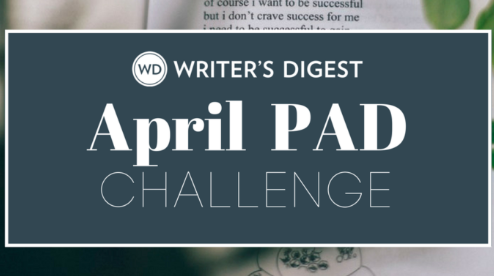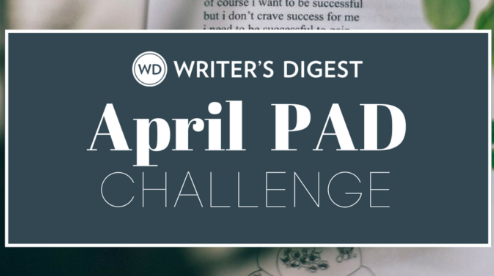Haiku: Easy or Hard?
In this post, we look at the haiku, the famous 5-7-5 syllable poem, or is it? We discuss what makes a haiku here.
Haiku is one of the most popular forms of poetry; it's also one of the least understood forms. And since haiku are so short, many writers think they can write them as easy (and nearly as fast) as snapping their fingers.
During the summer months, I'm even occasionally assaulted by Budweiser Summer Haiku radio commercials, which often come off like those Real Men of Genius commercials with less humor and less genius (so really not the same at all).
Haiku is descended from the Japanese renga form, which was often a collaborative poem comprised of many short stanzas. The opening stanza of the renga was called hokku. Eventually, haiku evolved from the left-over and most interesting hokku that were not used in renga.
*****
Play with poetic forms!
Poetic forms are fun poetic games, and this digital guide collects more than 100 poetic forms, including more established poetic forms (like sestinas and sonnets) and newer invented forms (like golden shovels and fibs).
*****
Most haiku deals with natural topics. They avoid metaphor and simile. While (I think) most poets agree that haiku have three short lines, there is some disagreement on how long those lines are. For instance, some traditional haiku poets insist on 17 syllables in lines of 5/7/5. Other contemporary haiku poets feel that the first and third lines can be any length as long as they're shorter than the middle line.
Haiku do not have to include complete sentences or thoughts. They do not have titles. The best haiku contain some shift in the final line.
I do not claim to be a haiku master, but here's my attempt at a 5/7/5 line structure:
Clouds mushroom upward
where rain stampedes to the earth,
makes mud fresh again.
But I kind of favor this more contemporary revision I made in a 3/7/4 line structure:
Clouds mushroom
where rain stampedes to the earth,
making fresh mud.
And I could even get as radical as:
Clouds mushroom
where rain stampedes
fresh mud.
Anyway, as my pal S.A. Griffin would say, "It's all about the process."
*****
Robert Lee Brewer is Senior Editor of Writer's Digest, which includes managing the content on WritersDigest.com and programming virtual conferences. He's the author of 40 Plot Twist Prompts for Writers: Writing Ideas for Bending Stories in New Directions, The Complete Guide of Poetic Forms: 100+ Poetic Form Definitions and Examples for Poets, Poem-a-Day: 365 Poetry Writing Prompts for a Year of Poeming, and more. Also, he's the editor of Writer's Market, Poet's Market, and Guide to Literary Agents. Follow him on Twitter @robertleebrewer.




